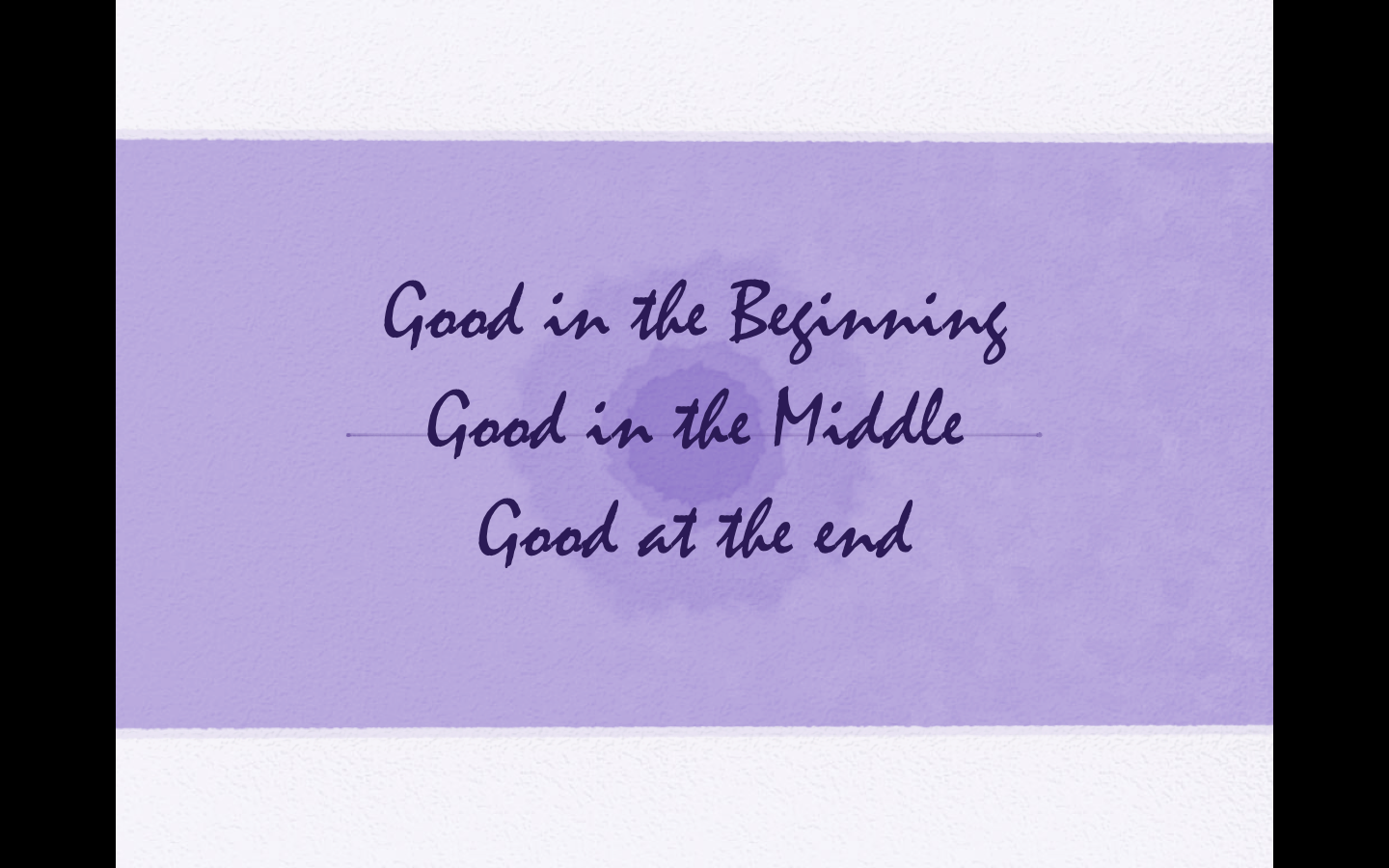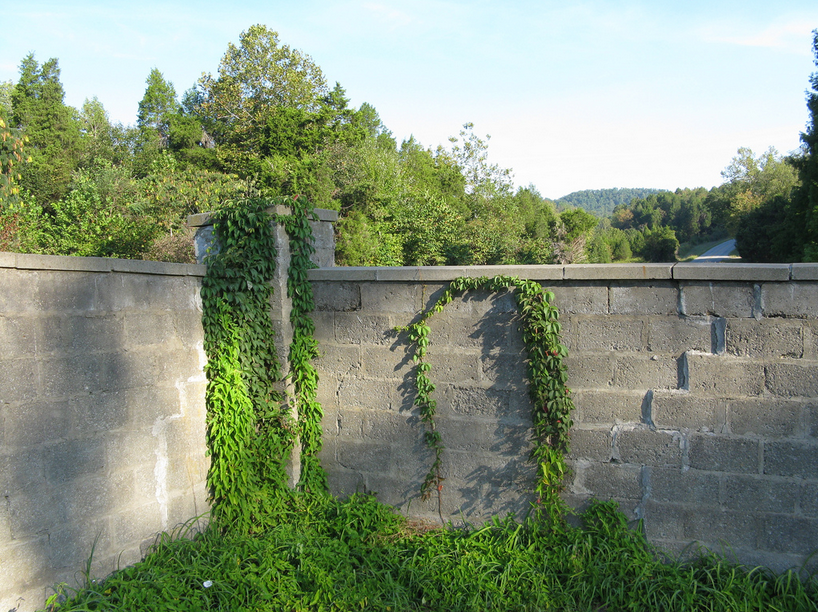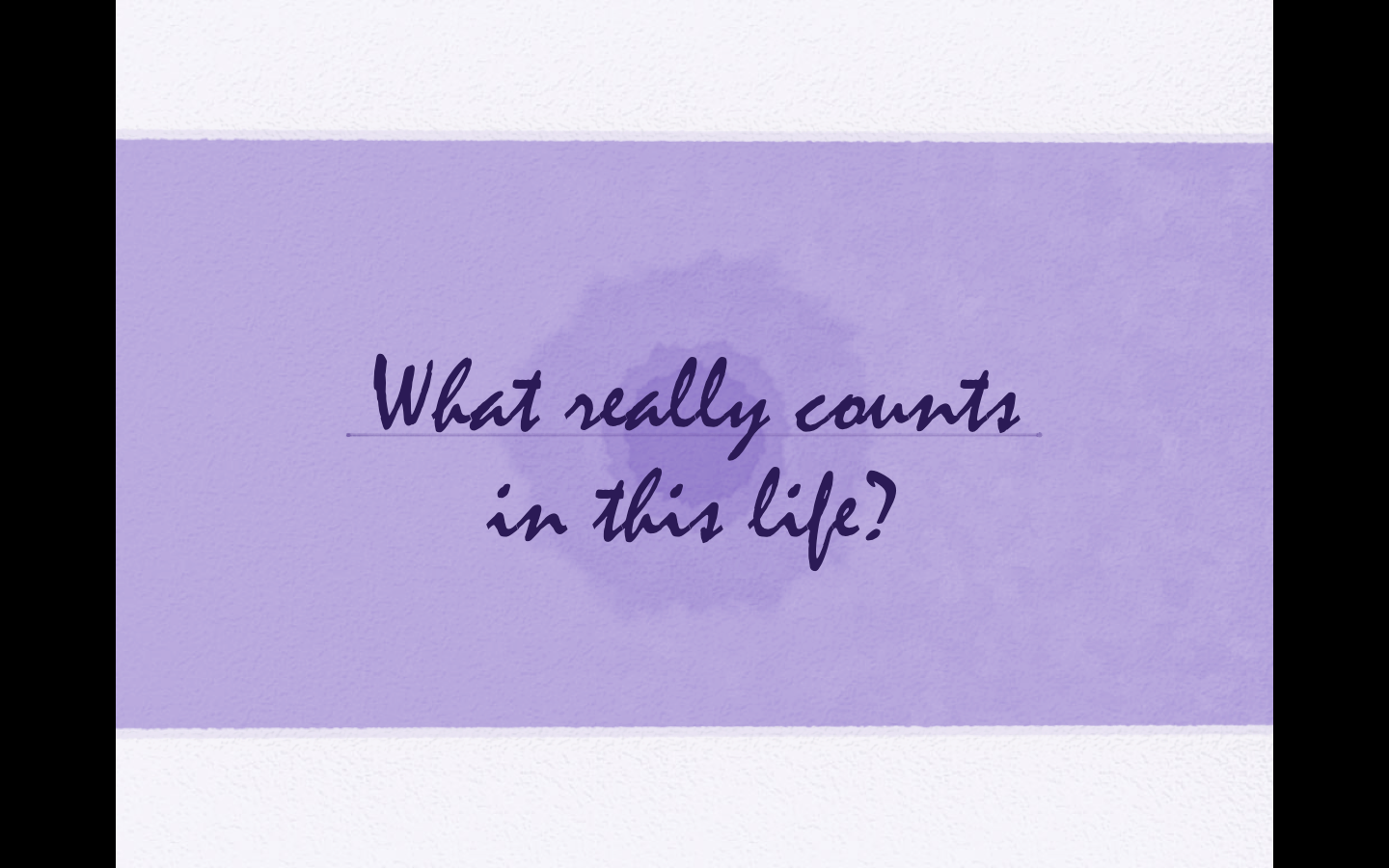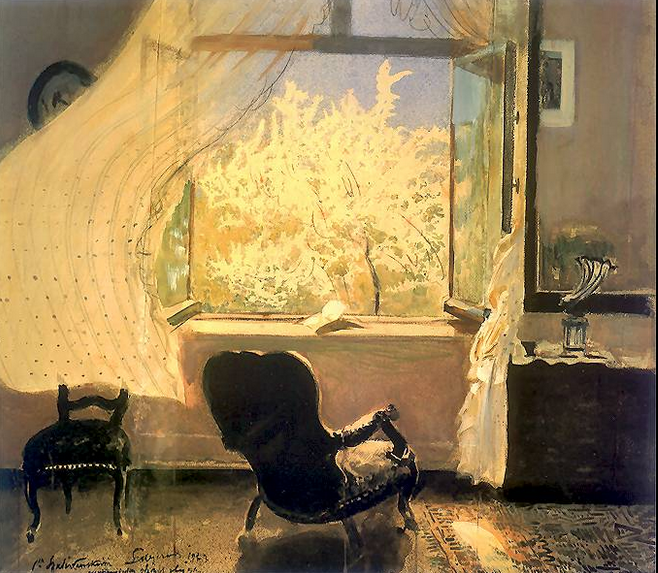Meditation as Housekeeping
In The Peaceful Stillness of the Silent Mind, in a chapter called, “Introduction to Meditation,” which I also wrote about a few weeks ago, Lama Yeshe talks about two kinds of meditation: analytical meditation and concentration meditation. He compares meditation to housekeeping and then talks about how both types are necessary. He writes: By gradually developing your meditation technique, you become more and more familiar with how your mind works, the nature of dissatisfaction and so forth and begin to be able to solve your own problems. For example, just to keep your house neat and tidy, you need to discipline your actions to a certain extent. Similarly, since the dissatisfied mind is by nature disorderly, you need a certain degree of understanding and discipline to straighten it out. This is where meditation comes in. It helps you understand your mind and put it in order. But meditation doesn’t mean just sitting in some corner doing nothing. There are two types of meditation, analytical and concentrative. The first entails psychological self-observation, the second developing single-pointed concentration. I’m a very slow learner. But I think I’m gradually beginning to get a sense of what meditation actually is—as opposed to what I used to think that it was. Meditation is not doing nothing—or trying to get the mind to do nothing. It’s more like, I think, corralling the mind to do something—and something different than having the ordinary scattered, fragmented mind that I so often have, a mind going here and there, from one thing to the next, depending on what is happening around me and that all getting mixed up with memories that are triggered and preconceptions and plans and who-knows-what-else. If I try to extend this metaphor of housekeeping it seems to me that I could begin with analysis—house observation as a metaphor for self-observation—and this could begin with questions. What needs to be done? What are the problems in the house? What room is most crying for attention? In my own case: the floors. They’re dusty in the corners and littered here and there with small pieces of who-knows-what. Ah, and the sheets need to be changed, and, in a more immediate way, the dishes need to be taken out of the dishwasher and put away and the dishes in the sink need to be put in the dishwasher and I need to do laundry because I’m going out of town in a couple of days. The list could go on. It seems that even when I just begin to do analysis—and with something as simple as housecleaning—my mind begins to move in different directions. Things begin to pile up. So . . . perhaps after preliminary analysis what I need is some focus! Some concentration. Perhaps I have to pick one thing and focus and concentrate on that. And, in order to do that, I need to prioritize. What needs my attention first? With taking care of the house—or the garden—or preparing for a new school year—or anything—I’m continually going back and forth between focusing on a task and then observing and analyzing what needs to be done and then choosing the next task and focusing. Seeing how I’m already doing this in ordinary things makes it a little easier for me to imagine applying this...
read more




